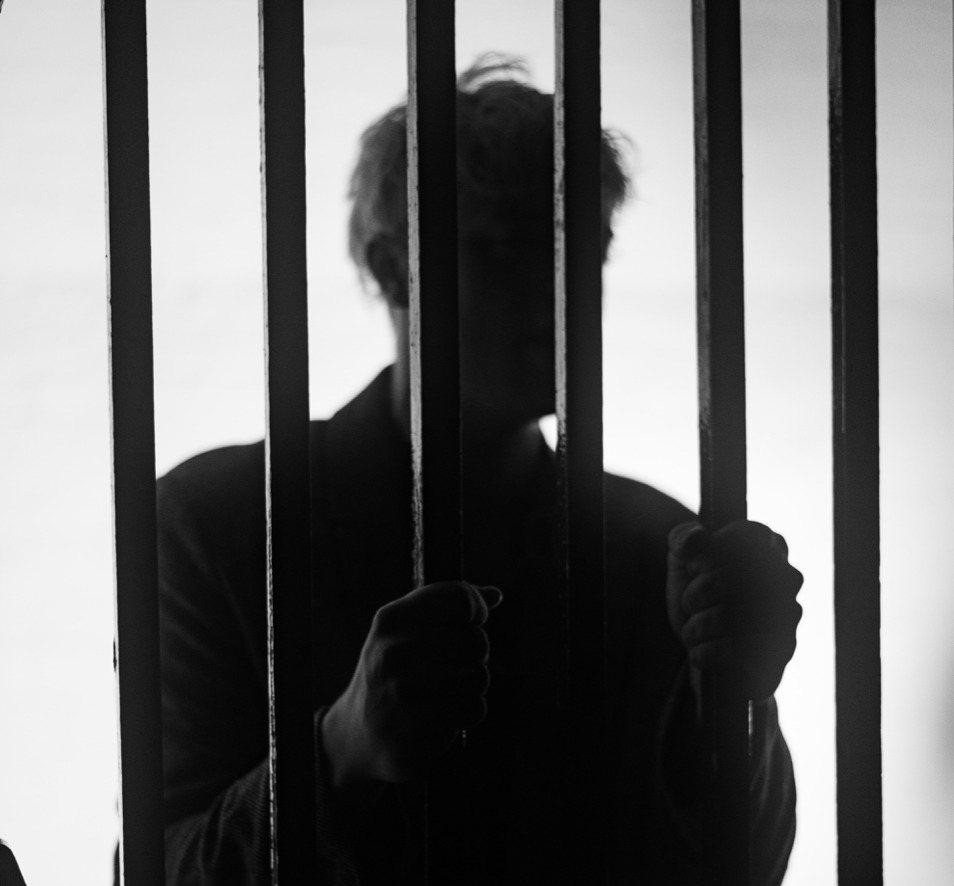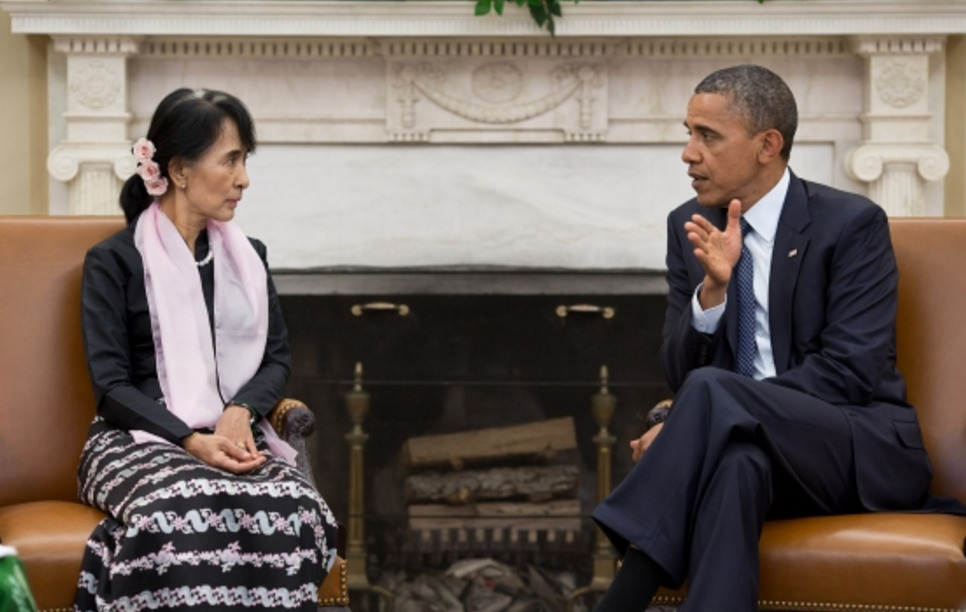LOS ANGELES — While there is a lot of debate about who can be, or should be, classified as a political prisoner, it is generally understood that a political prisoner is someone imprisoned due to his or her political activities and participation. Political prisoners exist in countries across the world, and their circumstances differ widely. Some countries are commended for their just judicial systems and others are condemned for the lack of fairness and the rule of law.
Tajikistan, a mountainous country in Central Asia, is particularly known for its brutal treatment of political prisoners. The international community often highlights Tajikistan as a country that harshly punishes perceived political opposition to leading government party. Rahmatullo Rajab is one of these prisoners, and he is currently being held in the country.
Rajab was born to a family of educators in 1958. He served the Soviet troops in the German Democratic Republic, and in 1977, he began studying planning and economics at the Tajik State University. Following his studies, Rajab worked as a statistician for the Committee of the Tajik Soviet Socialist Republic before working as a journalist for the State Broadcasting of Tajikistan.
In 1995, he joined the IRPT (Islamic Renaissance Party of Tajikistan), an opposition group, and also helped provide humanitarian assistance as part of the UN Mission East to Tajiks that were affected by the civil war. In addition to being an active journalist and advocate, he served as the deputy chairman for the elections of the Department of the Islamic Revival Party of Tajikistan.
Despite his dedication to bettering his country, Rajab was illegally detained from his home on Sept. 16, 2015, along with other members of the IRPT, by the State Committee of National Security. The Committee claimed that he was participating in a coup against the government and supporting extremism through his involvement with the IRPT. Appropriate procedure and international norms set forth by the international community are being blatantly violated in the arrest and trial of this case.
The trial began in February 2016, with allegations having surfaced that he was tortured in custody. Following the trial, he was sentenced to 28 years in prison. His release dates and other relevant information were only made available to the public after his wife publicized them.
Rajab’s sentencing, along with the unjust arrest of fellow opposition leaders from the IRPT, is part of a coordinated effort of President Emomali Rahmon and the Tajik government to silence the only significant opposition party in the country.
And Rajab’s case is not unique — many political prisoners in Tajikistan suffer a similar fate. The Tajik authorities have detained dozens of men from the IRPT in a similar manner as a measure to “prevent new terrorist acts and… crimes of an extremist nature.”
In 2016, at the time of Rajab’s sentencing, Steve Swerdlow, a former Central Asia researcher at Human Rights Watch, said that this brutal crackdown on political opposition was part of a greater trend in the country.
“Tajikistan is in the midst of the worst political and religious crackdown since the end of the country’s civil war, with hundreds of people landing behind bars for no other reason than their peaceful political work,” Swerdlow said.
The Tajik government believes that the best strategy to eliminate the possibility of another party holding power in the country is to get rid of political opponents, which also instills fear in other citizens about getting involved in opposition politics. The IRPT has always been seen as an opposition party to the establishment politics of the capital since the end of the civil war in 1997. Following the civil war, the IRPT was given 30% of spots for all government jobs and was able to operate as a legal party. While the opposition group was diverse in nature and promoted pluralism in Central Asia, as many minorities were active members of the party, its primary identity was Islamist. At the time, the IRPT was the only legal Islamist party in the region.
Over time, the government began cracking down on the power of the IRPT in an attempt to limit their control. In March 2015, the IRPT lost two seats in the parliament in an election that was determined to be not free or fair by international observers. Then, in September 2015, the Tajik government claimed that the IRPT was looking to overthrow the current government and seize power. Soon after, the party was labeled as a terrorist organization, despite no other country categorizing it as such. Rajab was arrested during this same time period with charges of participation in an alleged coup and extremism.
The future of the IRPT is unclear. However, the majority of the international community is standing against the Tajik government’s abuse of the judicial process.
In the United Nations’ 2016 universal periodic review, several countries criticized Tajikistan for its governmental campaign against the IRPT and lawyers that were targeted for defending detained IRPT members. While these remarks from the international community are essential in creating a dialogue, the Tajik government meets these comments with empty statements that the country is “taking all possible measures” to protect human rights in the region.
The arrest of Rajab for his opposition politics is arbitrary and the subsequent trial is unfair, which is in direct violation of international law and norms. The Tajik government’s effort to target Rajab for his opinions is infringing on his right to freedom of thought and speech. International law experts find that Rajab’s arrest violates Article 19 of the International Covenant on Civil and Political Rights, which states that everyone has the right to hold opinions without interference.
Widespread corruption and inhumane treatment plague the Tajik prison system. Since Rajab’s arrest and sentencing, he has been subject to torture and neglect in prison. IRPT activists reported to Human Rights Watch and the Norwegian Helsinki Committee that Rajab has been a victim of torture at the GKNB detention facility in the capital city, Dushanbe. Rajab’s family have also told HRW that, at times, he has been kept from contacting or seeing his family for long periods of time. According to reports, in one instance, Rajab was put in a punishment cell to be tortured after they found him with a radio.
Rajab’s health has also been significantly neglected while in prison. Rajab became infected with COVID-19 in the early stages of the pandemic. According to SOURCE, his symptoms were serious, and his son, Shukhrat Rahmatullo, allegedly reported that it was clear that Rajab was having difficulty breathing when they spoke on the prison phone. While human rights activists say it is difficult to monitor how COVID-19 spreads in prison, it is evident that prisoners were neglected during the pandemic.
This injustice extends beyond Rajab. Leaders of the IRPT and Rajab’s family have been targeted due to their relationship with him. In addition to the threats received by Rajab’s son, his daughter has also been targeted as well. In December 2019, authorities took her from a minibus due to her Islamic hijab. Despite it being unclear if her arrest was connected to Rajab, Rajabova claims that the police treated her differently after discovering her relationship with Rajab. Other family members are afraid to speak out due to the cruelty of the Tajik government.
Moreover, prison leadership let Rajab’s family know that they will detain his son, who is residing in Russia, if they speak to media about Rajab’s ill-treatment. Any hope of stopping Rajab’s mistreatment is fleeting, as many lawyers declined the opportunity to take on Rajab’s case due to intimidation.
The international community has attempted to improve Rajab’s situation by advocating for his release; however, current efforts are not yet successful. Since 2015, the Tajik government has maintained that they will take extreme measures to prevent opposition groups from gaining momentum in the country.
Yet, civil society groups continue to push for Rajab’s release, hoping to deliver a clear message that counties cannot cruelly silence peaceful opposition.





